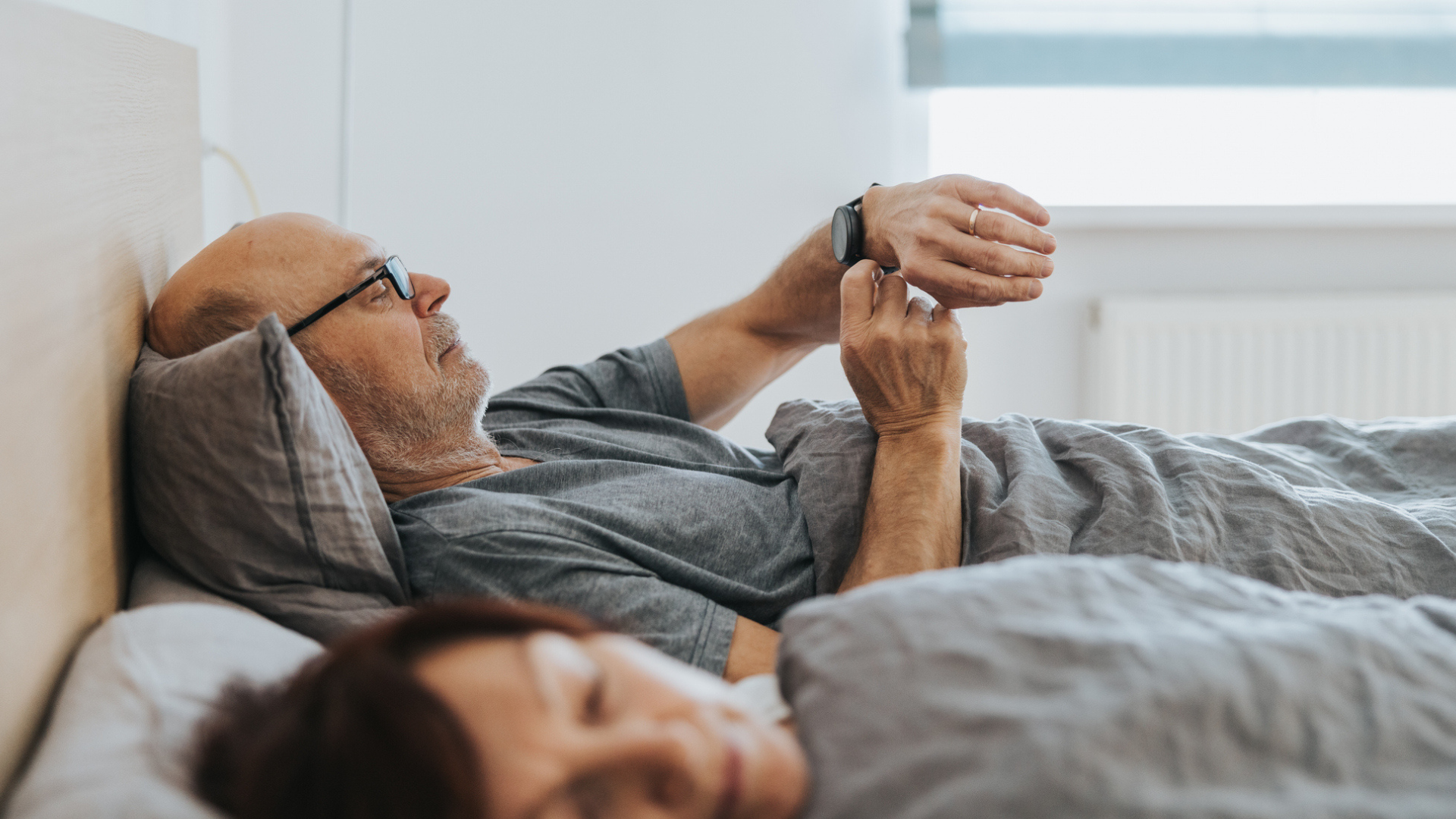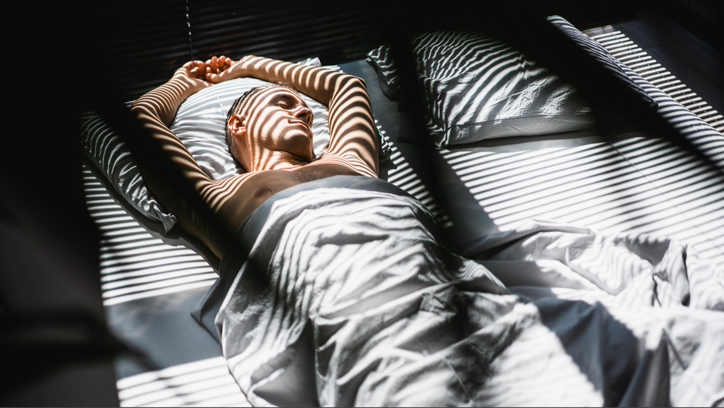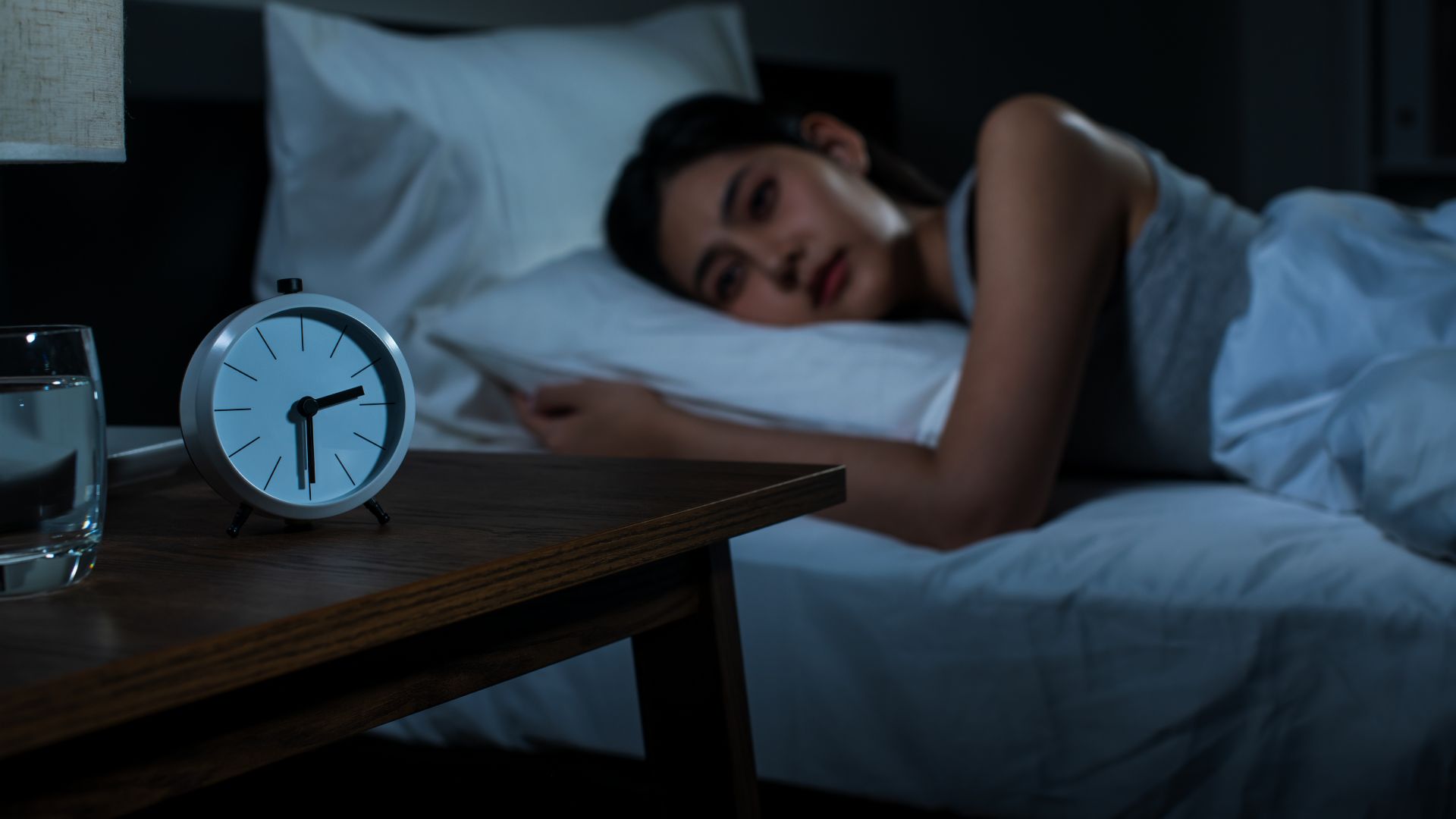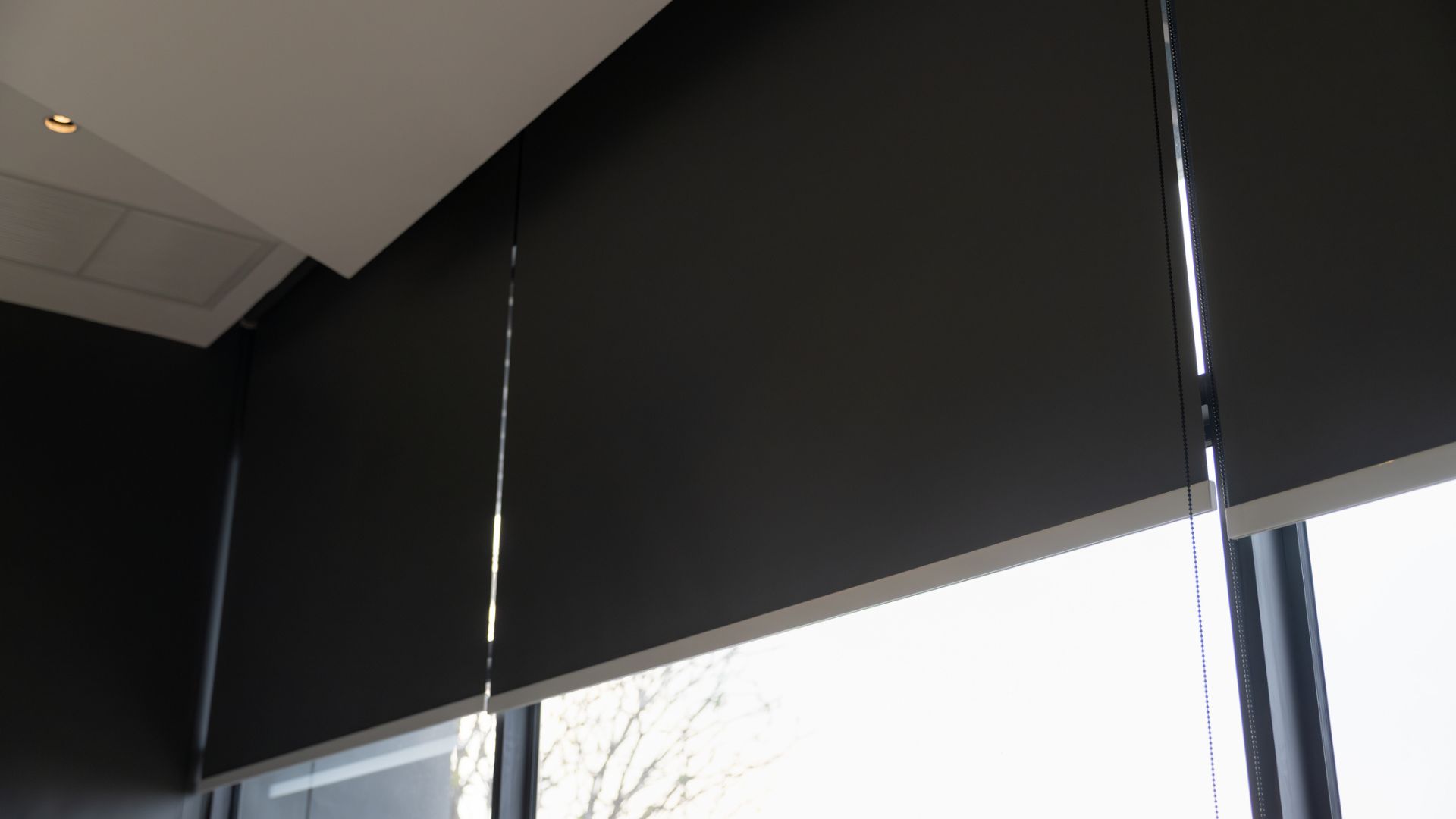Shift workers experience poorer sleep, says new study — here's why and 3 ways to get better rest
Changing your sleep schedule day by day disrupts your circadian rhythm

A new study published in April 2025 has revealed exactly how shift work can not only disturb your sleep, but also impact your mood.
Our sleep, hormones and mood are affected by our internal body clock. This is called the circadian rhythm, and it controls when we feel awake and energized and when we feel naturally sleepy.
One of the key ways to keep this clock regulated and working as it should is through a consistent sleep and wake schedule.
However, nurses, bartenders, paramedics, engineers and other jobs that require shifts covering a full (or almost full) 24 hour period, can lead to a disrupted cycle, with workers forced to sleep or wake up at different times every day.
Now, the extent of the impact of this on our sleep is being revealed. We take a closer look.
Key takeaways from the study
- Shift work is associated with sleep disturbances because of a disrupted circadian rhythm
- Sleep efficiency was lower in shift workers
- Heightened emotional sensitivity was found in shift workers
The study compared 56 shift works with 52 control participants. Shift work was defined in the study as anything outside of a standard period between 7am-6pm.
Approximately 70% of the shift workers were nurses and the remainder worked as medical staff, security personnel, engineers and other unspecified jobs.
Sign up to get the BEST of Tom's Guide direct to your inbox.
Get instant access to breaking news, the hottest reviews, great deals and helpful tips.
Each participant visited the research center three times spaced out every one to two months to take part in a polysomnography and MRI scans. Aside from this, they were also asked to complete questionnaires on their sleep and mood problems.
They were then given a sleep diary and an Actiwatch that tracked their sleep and they were asked to monitor their sleep for seven consecutive days in a row.

The results from the sleep trackers revealed that shift workers had a much lower sleep efficiency compared to the control group.
Further to this, in the assessments where participants were shown negative stimuli and had their emotional responses recorded, shift workers had a much stronger neural response, which researchers noted "may reflect heightened emotional sensitivity," indicating a link between our emotional regulation and sleep.
How shift work can lead to sleep disturbances
Lack of daylight
Sunlight plays a huge role in our energy levels and sleep quality. One study found that those who got enough morning sunlight had increased sleep efficiency.
That’s because sunlight suppresses melatonin (the sleepy hormone), making us feel more awake and energized throughout the day.
It also makes us more sensitive to darkness, leading to melatonin production in the evening when you’re ready to sleep.
Aside from this, getting sunlight in the mornings reinforces our circadian rhythm. Shift workers are unlikely to be able to get enough regular morning light, especially if they’re working night shifts and sleeping through the day.
This can make it difficult for the body to know when to feel naturally sleepy.

Delayed sleep onset
Sleep onset, or sleep latency is the time it takes for you to fall asleep.
A healthy sleep latency is generally anywhere between 10 and 20 minutes, but this is dictated by many things, like your circadian rhythm, stress levels, mental health and what you’ve eaten and drunk throughout the day.
If your sleep onset is delayed and it’s taking you a while to drift off, which is likely if you’re trying to fall asleep at different times every day, it can impact your sleep cycles.
This means that you might not get enough REM sleep (which is important for mental recovery), as it happens later during the night. This can negatively impact sleep quality and sleep efficiency.
Frequent nighttime awakenings
A dysregulated circadian rhythm can mean you’re not producing enough melatonin to keep you asleep for a long period of time, leading to light sleep and waking up frequently.
Also, our world is not set up for night shift workers. Trying to sleep during the day can be a nightmare. Light, ambient noise, noisy neighbors and a busy outside world can make it feel nearly impossible to sleep through.
Waking up a lot can seriously impact the quality of your sleep, preventing you from spending time in slow wave, deep sleep, which is essential for physical recovery.

The link between poor sleep and mental health
So, how does this link to mood disturbances? The link between sleep and anxiety and depression is well documented.
Poor sleep leads to increased anxiety and depression, and anxiety and depression lead to poor sleep. And, as you can imagine, it’s easy to get trapped in this cycle.
Sleep deprivation can cause depressive symptoms, and because all of the sleep stages — including REM, light and deep sleep — are essential for emotional regulation, if these are disrupted our emotional resilience can be lowered.
It can also mean we spend more time in our sympathetic nervous system response, which is responsible for our fight or flight response, which can lead to increased anxiety.
3 Sleep tips for shift workers
So, how can you combat the negative impact of shift working on your sleep? We usually preach the importance of a consistent sleep schedule, but if that’s not possible, we have some tips that can help.
1. Create a bedtime routine
Humans are creatures of habit, which means we benefit from routine.
By repeating the same activities and habits before you intend to fall asleep you can signal to your body that it’s time to wind down.
This is especially important if you don’t have the natural cues to unwind, like the sun setting.
Try calming activities as part of a nighttime routine like a warm bath, reading a book or listening to a podcast.
2. Invest in blackout curtains

If you’re working shifts, and night shifts in particular, it’s likely you’ve battled with the sun when you’re trying to sleep.
Seeing bright sunlight tells our minds and bodies that it’s time to be alert and awake, so investing in some quality black out curtains can make all the difference.
On top of this, do try to make sure you’re getting enough daylight when you can. Even half an hour outside during your day can make all the difference when you’re trying to fall asleep.
3. Try to get a consistent amount of sleep
If you can’t maintain a consistent bed and wake time, you can try to get a consistent amount of sleep. While sleep regularity is really important, sleep duration is, too.
Most adults need 7-9 hours of sleep, but this changes with every person. Try to figure out when you feel most rested and stick to that amount of time every night.
Prioritizing this will ensure you’re not adding sleep deprivation into the mix of poor sleep efficiency and quality.

Lauren is an experienced writer and editor in the health and lifestyle industry and has led many campaigns and projects that deliver news, advice, and research on all things sleep. As the Sleep Features Editor for Tom’s Guide, Lauren writes, commissions and edits sleep and mattress content, from in-depth how-tos in sleep and mattress health to interviews with doctors and neuroscientists on the latest news in sleep. Lauren regularly tests new sleep tech and accessories to evaluate their effectiveness for getting good quality sleep and easing specific sleep struggles like nighttime anxiety. Alongside this, Lauren reports on the best mattress brands out there, like Helix, Saatva, and DreamCloud, helping readers find the right mattress for them and the best deals on them.
You must confirm your public display name before commenting
Please logout and then login again, you will then be prompted to enter your display name.
